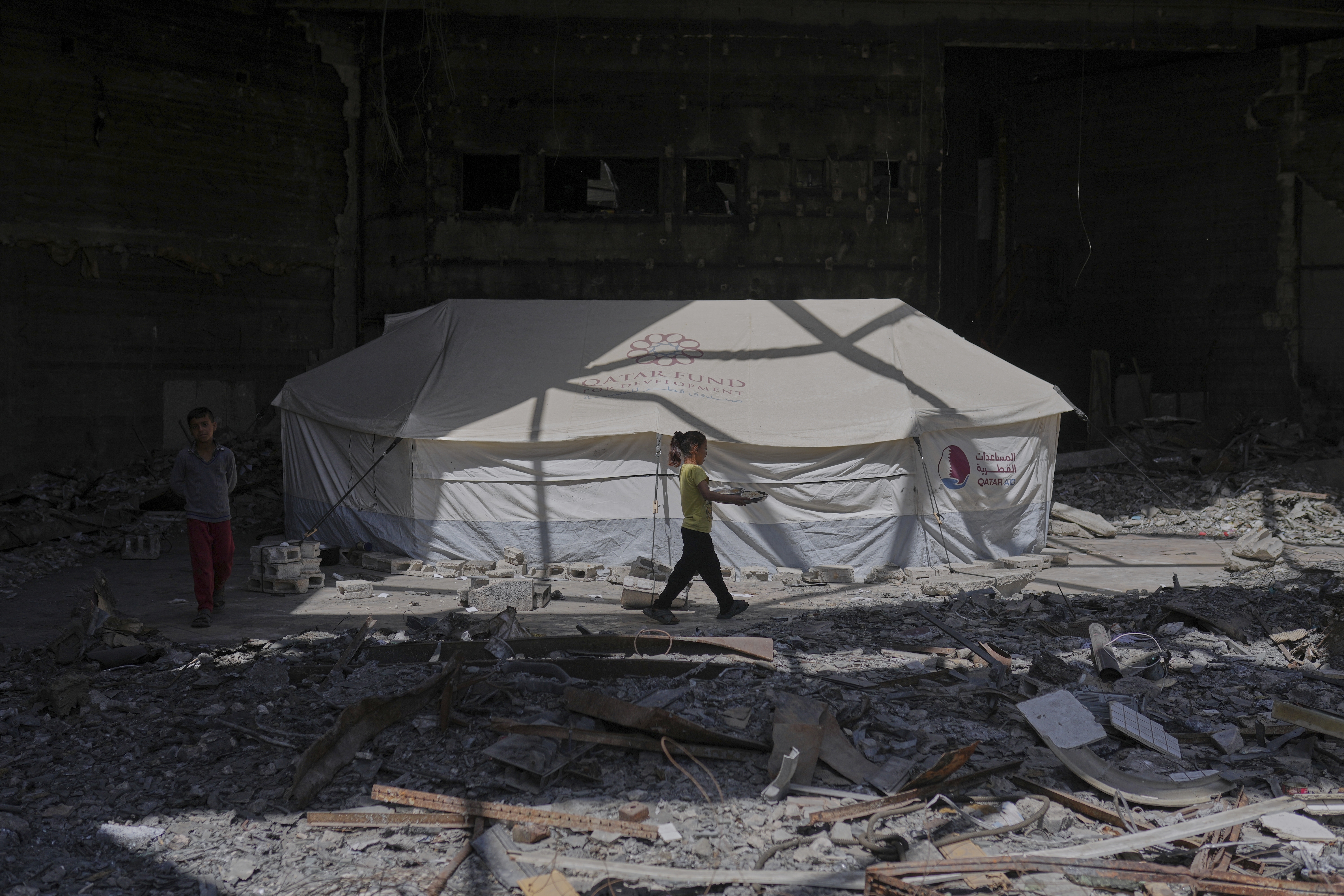
GAZA - A senior official from the United Nations Relief and Works Agency for Palestine Refugees in the Near East (UNRWA) on Tuesday accused Israel of using humanitarian assistance as a "weapon of war" against the Gaza Strip.
In a press statement, UNRWA commissioner-general Philippe Lazzarini said that the enclave has been under a complete Israeli siege for 50 days, warning that hunger is spreading and worsening, describing the situation as "deliberate and man-made."
ALSO READ: Death toll from Israeli strikes in Gaza since Oct 7, 2023 surpasses 50,000
He said Gaza has become "a land of desperation," where 2 million people are subjected to "collective punishment," while the wounded, the sick, and the elderly are deprived of essential medicine and healthcare.
The UN official said humanitarian agencies, including the UNRWA, have around 3,000 trucks loaded with life-saving aid waiting to enter Gaza, underscoring the urgent need to lift the blockade, facilitate immediate aid entry, release hostages, and resume the ceasefire.
READ MORE: UN: UNRWA continuing aid delivery in Gaza, West Bank despite Israeli ban
Meanwhile, Gaza-based health authorities said on Tuesday that Israel has been preventing the entry of polio vaccines for 40 consecutive days.
In a statement, the authorities said that the ban obstructs the implementation of the fourth phase of a polio prevention campaign, placing 602,000 children at risk of permanent paralysis and chronic disabilities.
They also warned that children in Gaza are facing unprecedented health threats due to the lack of sufficient nutrition and clean drinking water.
ALSO READ: UNRWA: Israel ban will be disastrous, US says exaggeration
Israel halted the entry of goods and supplies into the Strip on March 2, following the expiration of the first phase of a ceasefire agreement, claiming the move was due to Hamas' refusal to extend the truce.


